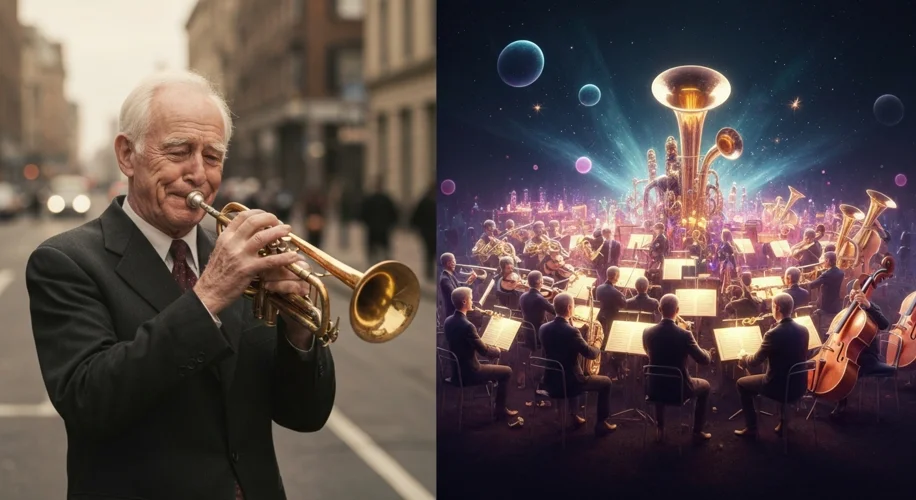Okay, so hear me out… AI is getting seriously wild in the creative world. We’re talking AI generating images that look like paintings, writing scripts, and even composing music. It’s super cool, but it also brings up some messy questions.
Remember that AI-generated image that won a state fair art competition? Yeah, that sparked a massive debate. People were asking, “Is it really art if a computer made it?” and “Does the person who typed the prompt deserve the credit?”
Let’s be real, using AI tools like Midjourney or Stable Diffusion involves typing in a description, a “prompt,” and then the AI spits out an image. It feels like magic, but is it the same as a painter spending hours on a canvas, or a photographer capturing a fleeting moment? That’s the artistic integrity part. Does AI devalue the skill and effort human artists put in?
Then there’s the ownership puzzle. If an AI creates a painting based on a prompt, who owns the copyright? The person who wrote the prompt? The company that built the AI? Or maybe nobody? Current copyright laws weren’t exactly written with AI in mind, so it’s a bit of a legal gray area.
And here’s another big one: consent and compensation. Many AI art generators are trained on massive datasets of images scraped from the internet. A lot of those images are artworks created by real, human artists. Did those artists consent to their work being used to train an AI that might eventually compete with them? Most likely not. This raises serious questions about fair compensation for the original creators whose styles and works are being mimicked.
It’s not just visual art, either. AI is being used in film to alter scenes, create special effects, and even generate dialogue. In music, AI can generate new melodies or entire songs. Each of these applications comes with its own set of ethical considerations about authenticity and the role of human creativity.
So, what’s the deal? I don’t have all the answers, nobody does right now. But it’s clear we need to figure out how to navigate this. We need clear guidelines about AI use in creative fields, ensuring that human artists are credited, compensated fairly, and that artistic integrity is respected. It’s about finding a balance where AI can be a tool to enhance creativity, not replace or exploit it.
What do you guys think? How should we handle AI in art? Let me know in the comments!

